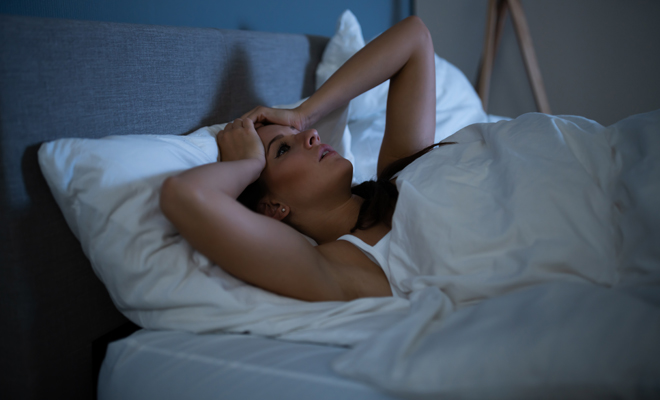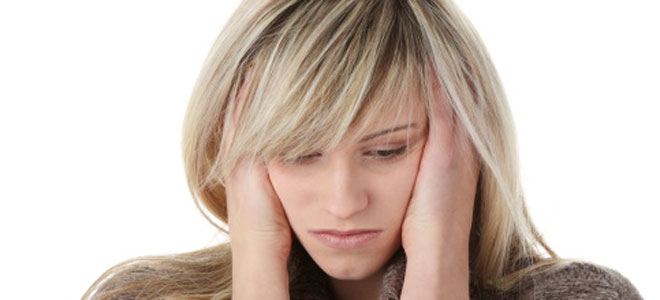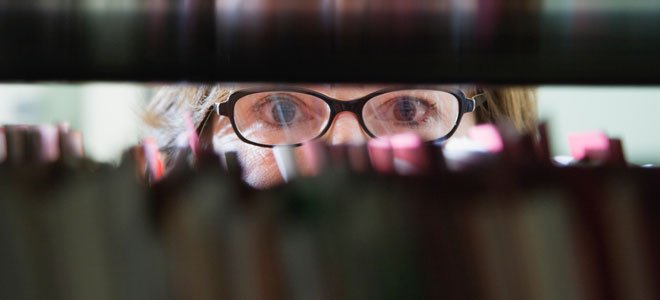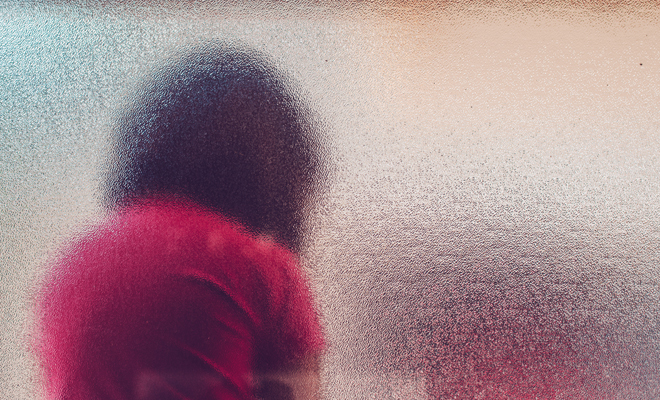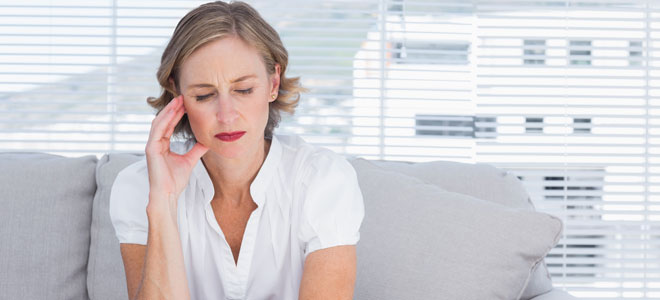Adolescents, young women with labor problems, single mothers, men who do not adapt to unemployment… are the most common profiles of people who suffer from anxiety. Although the truth is that anxiety disorders do not make distinctions of gender, or social class, or age, but are more democratic and globalizing. We are concerned that not enough attention is paid to one of the groups most susceptible to anxiety problems, such as the elderly.

Causes of anxiety in old age
The elderly also suffer from anxiety and the reasons can be as varied and as imprecise as in the case of younger people. However, we find several causes of anxiety that are especially common in older people. One of the main types of anxiety in old age is adaptive anxiety, produced by a radical change in your lifestyle that can range from little adjustment to retirement to non-acceptance of your physical limitations.
In old age, a kind of anticipatory anxiety is also observed, that fear of what may happen, generally for health reasons and fear of death. That is why panic attacks are frequent also in the elderly, as well as summarized anxiety that causes the appearance of a host of diseases in an increasingly weakened body.
However, the main reason for anxiety in old age is loneliness. As in the case of depression, older people see how they are being relegated to the family and social background and how their romantic partners or friends are disappearing from their lives. This makes them feel more and more alone with the consequent feeling of anguish and abandonment.
Anxiety problems in old age
If we have already seen how the consequences of an anxiety disorder can affect all areas of life, anxiety in old age is especially dangerous, especially if we take into account that most cases of anxiety in older people remain undiagnosed and therefore untreated. And it is that the symptoms of anxiety in old age can be confused with other pathologies typical of age.
Thus, an elderly person who is fatigued, has sleep disturbances, is nervous, irritable and pessimistic does not call the attention of the primary care physician because they probably have other more obvious aids to treat. This is a failure in the health system that should be solved as soon as possible, because overcoming anxiety in old age could considerably improve the quality of life of our elderly.
Treatment for anxiety in old age can also be based on medication, but above all, psychotherapy is necessary, with support groups that affect both their behavior in the face of anxiety and their effective and real social integration. And as always when we talk about anxiety, but also as always when we talk about older people, large doses of affection are essential to overcome anxiety disorder in old age.

